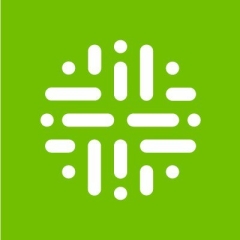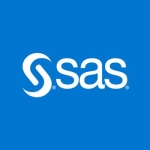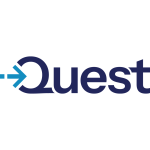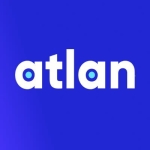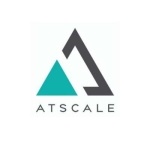What is our primary use case?
Collibra Governance has many use cases. I'm part of the enterprise data team and I also focus on other types of data enterprise, wherein governance is one of the workstreams. I'm working for a pharmaceutical company, so I try to onboard people on Collibra Governance from various verticals such as HR, vaccines, pharma supply chain, etc. Sample use cases for the solution include data quality for cloud stream software, automated data lineage, and other types of lineage. In general, I'm using it mainly for data governance.
What is most valuable?
The feature I like most in Collibra Governance is the lineage. It lets me do lineage that you can set up, for example, technical lineage and business lineage. The solution lets me associate the right people with the right assets, so anybody who has to look at end-to-end instances can use Collibra Governance and figure it out in terms of who to contact, what to do, and where to find what you need.
What needs improvement?
There's still room for improvement in Collibra Governance. Right now, the solution focuses more on publishing and subscription where metadata is being consumed from all systems and processes within Collibra Governance. I'd like to see more features around external systems that let those systems start consuming or start referring things from Collibra Governance automatically, in particular, more API-based integrations, so the solution can truly work as an enterprise governance tool at the heart of the organization.
There have been many cases where business stakeholders feel, "Okay. I'll be doing a manual activity because every time I have to maintain and make sure that the solution is working, for example, ensuring the reporting works, I have to go to Collibra Governance." I want this step taken out of the equation, and it has to be an automatic conversion or automatic notification that something has changed.
Scalability also needs improvement in the solution.
If there could be some sort of self-service where people can customize the solution a bit more, that would make Collibra Governance better.
What I'd like to see in the next release of the solution is an enhanced search feature because it's what users want to use. You want to search for a term and get all details in one go. Right now, if you type a term in the Collibra Governance global search function, it returns a lot of results that you need to know how to filter and what to filter, so there should be automatic filters that give accurate information to somebody who does a search on the solution. I want Collibra Governance to provide a capability where you can search and get relevant information.
For how long have I used the solution?
I've been using Collibra Governance for two years now.
What do I think about the stability of the solution?
Collibra Governance is a stable solution. It has no downtime or issues, based on my experience.
What do I think about the scalability of the solution?
Collibra Governance is not a scalable solution, and this is one of its areas for improvement. The solution needs more integration, and I'm also looking at how Collibra Governance can be more scalable.
How are customer service and support?
The technical support team for Collibra Governance is very responsive and knowledgeable. On a scale of one to five, I'm rating support a five. My team gets very good support from Collibra Governance whenever required.
How was the initial setup?
The initial setup for Collibra Governance isn't that complex. The UI is pretty straightforward and the structure is quite standard, so people can come and map. The main problem my team is facing is working in a federated environment, so every business or every unit you've given leverage designs it their way, and in that way, people can customize a tech model, so you have no control over that. It's more of how people perceive the business, business terms, and business data that varies. I'm struggling to build more standardizations around it, but I have no solution to it yet because, in my company, you don't work like a centralized organization. People research and build designs their way, so at times, this leads to different conclusions, and that's what I'm struggling to solve.
I'd rate the setup for Collibra Governance as three out of five, though I didn't do the setup myself. Another team was responsible for setting up the solution.
What's my experience with pricing, setup cost, and licensing?
I'm not familiar with the pricing or licensing cost of Collibra Governance.
Which other solutions did I evaluate?
I've not used any other data governance tool apart from Collibra Governance. I've used a data quantity tool, a data reference tool, and a master data management tool, but not a data governance tool similar to Collibra Governance. In my previous organization, I did governance through files, SharePoint, etc., not a centralized tool such as Collibra Governance.
What other advice do I have?
In the company, there are more than three thousand users of Collibra Governance.
My team has been using the solution daily, but I'm unsure of how frequently it's used by other teams.
My rating for Collibra Governance is seven out of ten.
My company is a customer of Collibra Governance.
Disclosure: My company does not have a business relationship with this vendor other than being a customer.

